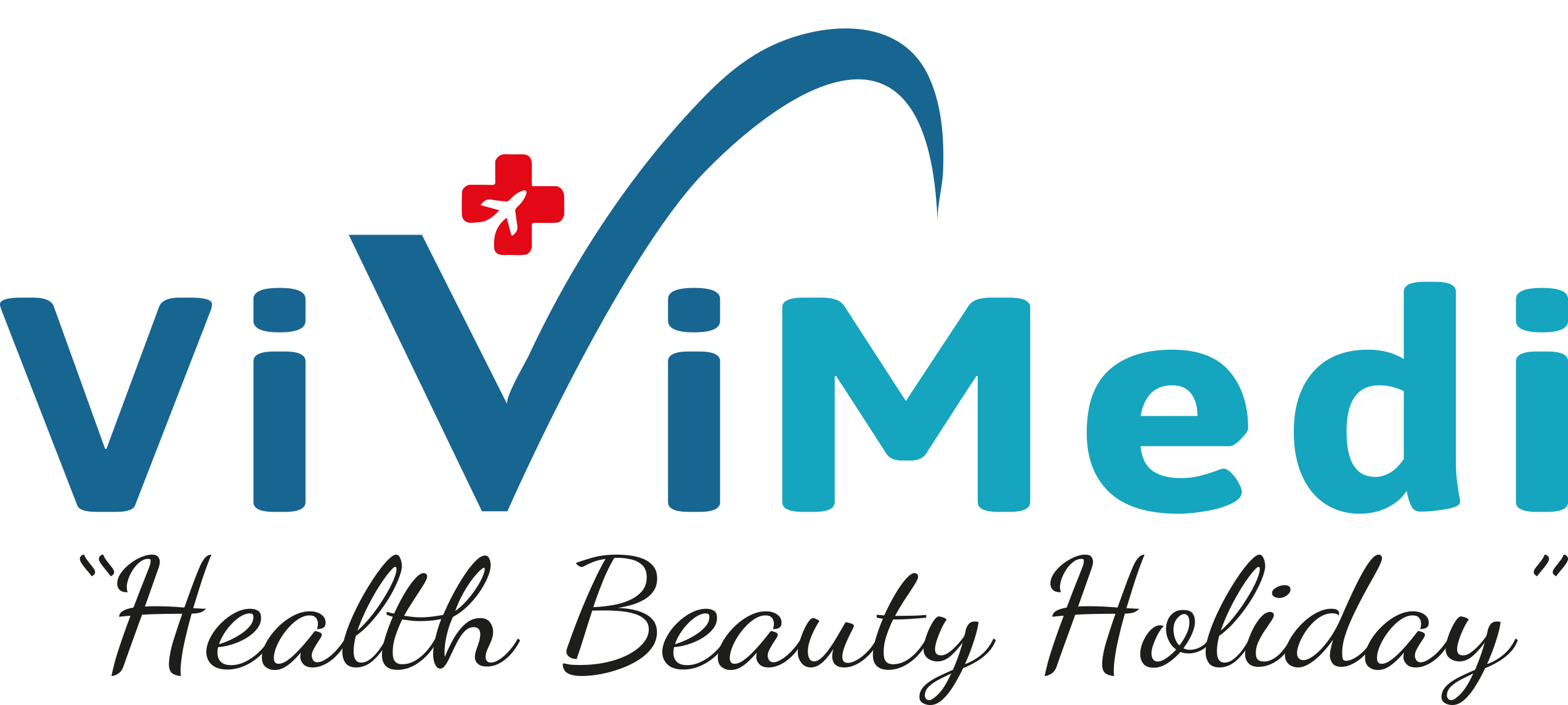Emergency dental situations can arise unexpectedly, causing pain and requiring immediate attention. If you find yourself in need of emergency dental care and can’t wait for a scheduled appointment, here are some guidelines to follow:
Assess the Situation:
Evaluate the severity of the dental issue. Some situations may require immediate attention, while others can wait until the next available appointment. Common dental emergencies include severe toothaches, knocked-out teeth, broken or chipped teeth, and injuries to the soft tissues of the mouth.
Severe Toothache:
Rinse your mouth with warm water and floss gently to remove any trapped debris. Avoid placing aspirin directly on the gums, as it can cause irritation. Over-the-counter pain relievers can help manage pain. Contact your dentist as soon as possible for an appointment.
Knocked-Out Tooth:
Handle the tooth by the crown (the chewing surface), not the root. Rinse it gently with water, but do not scrub or remove any attached tissues. Try to reinsert the tooth into the socket if possible. If not, place the tooth in a container of milk or saliva and seek immediate dental care.
Broken or Chipped Tooth:
Save any broken or chipped pieces. Rinse your mouth with warm water, and use a cold compress on the outside of your mouth to reduce swelling. Contact your dentist for an emergency appointment.
Lost Filling or Crown:
If a filling or crown falls out, save it if possible. Clean the inside of the crown with toothpaste or dental adhesive, and try to reattach it using over-the-counter dental cement or temporary dental adhesive. Contact your dentist for an appointment.
Abscess or Swelling:
Swelling in the gums or face, accompanied by a toothache, may indicate an abscess. Rinse your mouth with a mild saltwater solution, and use a cold compress to reduce swelling. Seek immediate dental care, as dental abscesses can be serious.
Soft Tissue Injuries:
Injuries to the lips, cheeks, gums, or tongue may result in bleeding. Clean the area gently with warm water and apply a cold compress to control swelling. If bleeding persists, visit an emergency room or an emergency dentist.
Loose or Misaligned Teeth:
If a tooth is slightly loose, try to gently reposition it to its normal alignment. Do not force it. Bite down to keep it in place and contact your dentist immediately.
Objects Caught Between Teeth:
Use dental floss to gently remove objects stuck between teeth. Do not use sharp objects or excessive force, as this can damage the teeth or gums. If unsuccessful, contact your dentist for assistance.
Denture Issues:
If dentures break, crack, or become uncomfortable, avoid using DIY fixes. Contact your dentist for professional adjustments or repairs.
Over-the-Counter Pain Relief:
Over-the-counter pain relievers, such as acetaminophen or ibuprofen, can help manage pain temporarily. Follow the recommended dosage instructions and consult with a healthcare professional if you have any concerns.
Remember, it’s essential to contact your dentist promptly for guidance and to schedule an emergency appointment. If the dental emergency occurs after regular office hours, consider visiting an emergency dental clinic or seeking care at an urgent care facility or hospital emergency room, depending on the severity of the situation. Ignoring dental emergencies can lead to more significant issues and complications, so prompt attention is crucial. Thanks to the our experienced contracted health instutitons, our team offer the best services for your dental requirements.


